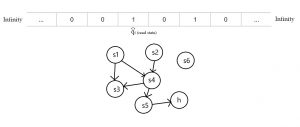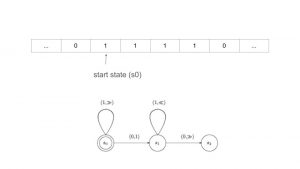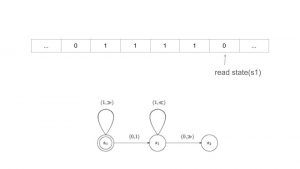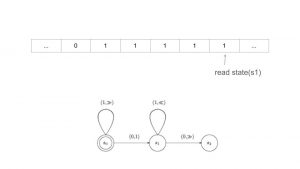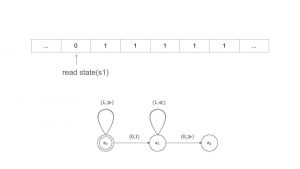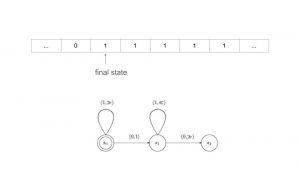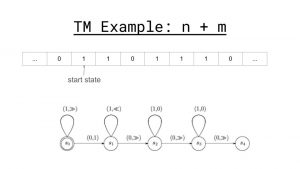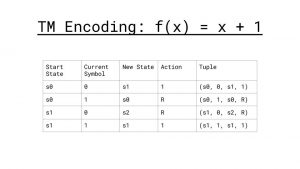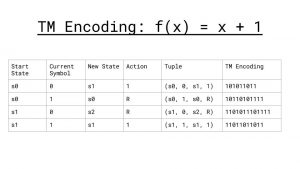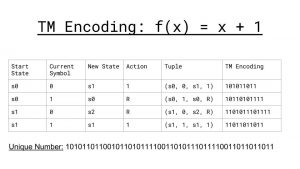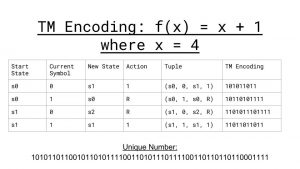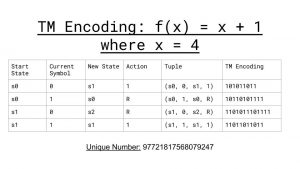The tasks I performed in Unit 2 helped me to improve my professional writing. One example of this is when I changed the topic of the Formal Report Draft we were assigned to create. I had originally had chosen a topic on the North American Women’s Debate Tournament hosted by the UBC Debate Society, which is a club I have been a part of for several years. However, after some reflection I realized that there were several problems with this topic. Firstly, as this distance education class is the final course of my degree, I am no longer involved with the Debate Society as much as I had been previously. Secondly, it was also not a report that was very relevant to my career path as a Software Developer. Instead of choosing to continue this report, I decided to contact my TA to try and change my topic to something better.
By doing so, I learned the value of writing professional emails while making sure to keep the reader in mind. This is because after my TA directed me to email the Professor, Dr. Paterson took several days to respond to my email. When she did it was to tell me to review the lesson objectives for writing professionally in the course readings, and to email her again with my survey questions and interview plans. Upon reflection, I realized that my previous email to her was much too similar to the emails Evan Crisp wrote to his Professor. I decided to re-read my writings on ‘Writing with a You Attitude’ and pretended that it is was actually address to me. Upon doing so, I was much more careful to consider the reader when responding to Dr. Paterson again. This time she responded very quickly with a helpful feedback on my survey as well as an encouraging message about my report. This series of events that occurred during my work in Unit 2, truly helped me to see the value of writing professionally.
I also enjoyed what I learned during our research and profile design of LinkedIn. While I had already set up a profile before this class, it was very helpful to get peer reviewed feedback on how I could improve. I received helpful advice from my partner, such as creating URL links to my personal coding projects, re-organizing my layout, and several grammar and spelling improvements. I also enjoyed review my partner’s website and was able to use some of his ideas to improve my own profile as well. Because LinkedIn is becoming an increasingly vital part of business networking, the work we did in Unit 2 will certainly be beneficial to my career.
Finally, I very much enjoyed all of the peer review that we did. It was very helpful to hear recommendations of how to improve my formal report outline as well as my LinkedIn profile. By having to critique someone’s writing or profile, it makes you think of ways to improve your writings. For instance, by explaining to my partner that he needs to better organize his headers and subheaders in his formal report draft, I was able to improve the organization of my headers and layout as well. Improvements like these are a very helpful result of doing the peer reviewers.
Overall, the work I did in Unit 2 benefitted my professional writing skill as well my use of LinkedIn. The peer reviews, letters to my instructors and LinkedIn research all had valuable lessons for me to learn from. I look forward to the work I have left to do for Unit 3 and the life lessons I will hopefully also learn from it.
URL of Peer Review:
http://engl301.arts.ubc.ca/2017/02/10/peer-review-of-formal-report-proposal-for-rick-bryant/
